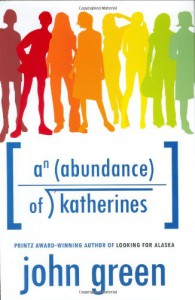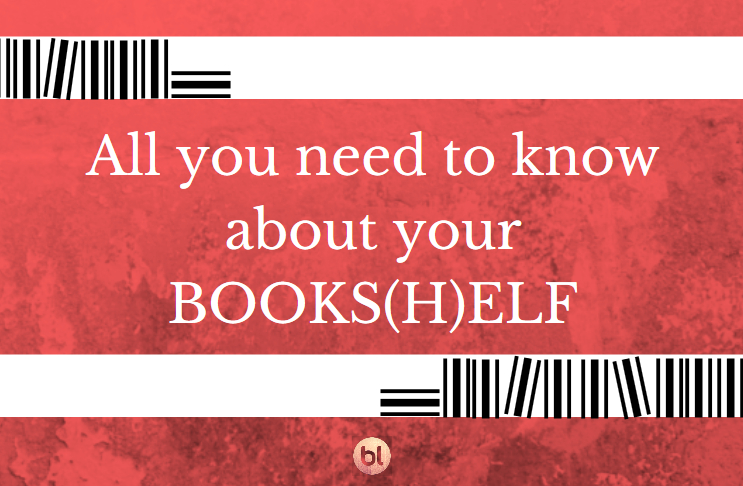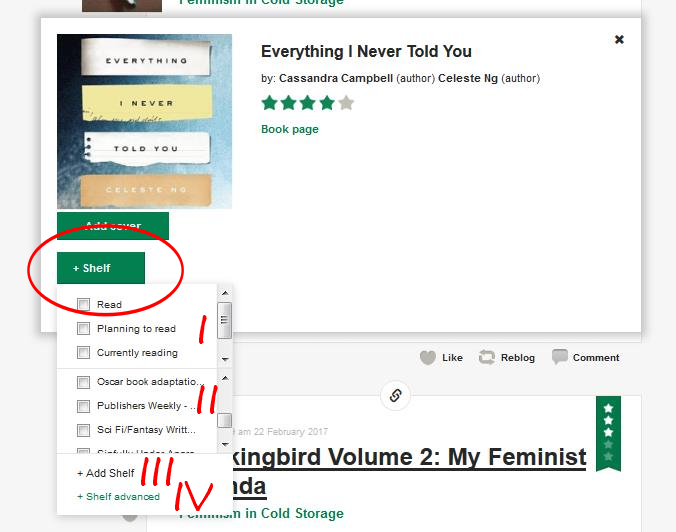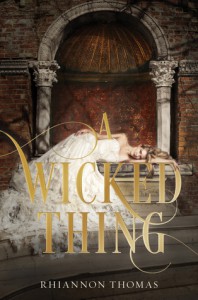

Andy Weir's 2014 science fiction novel apparently had its film rights sold before it was ever formally published. It became an Oscar-nominated Ridley Scott flick, racking in, among other things, hundreds of millions in gross and Matt FUCKING Damon. (In the spirit of the novel, I've decided to temporarily adopt its vulgar vocabulary.)
Naturally, it reads like a film, in its beats of dialed-up humor, and its intercutting, with Weir splicing the scenes on Mars with shot-reverse-shots of Nasa's staff and press team, who remain in an impressive state of constantly losing their shit.
Mark Watney, an astronaut and self-described kick-ass botanist, begins the novel "fucked." A vicious storm kicked up some dust on Mars, a flying antenna pierced through his abdomen, and death knocked on his door just long enough to convince his crew mates to leave him there.
Essentially, we begin the novel in traditional survivalist literature fashion, with insurmountable odds on the horizon, and an immediate pressing issue of survival to distract in the meantime.
At its heart, The Marian is a trademark castaway novel through and through, and it is given life through tone, outer-space Macguyver-ing, and other flourishes.
Even when exploring new situations, the likes of which you'd never see on a deserted island, The Martian never strays far from the conventions we've seen. Despite the setting being out of this world, there are no unique ideas proposed about ethics, loneliness, or the human spirit, but the familiar observations The Martian does make are never out of place or tonal control---corniness surrounding this occasion is simply something Andy Weir's snarky, foul-mouthed main character would never allow.
Mark Watney in this respect is proof that the age of irony lives on long enough for people to still be hiding behind sarcasm by the time NASA sends a third manned mission to Mars. (The Martian is also set in an alternate universe where NASA has enough funding for manned missions.) However, with such a tired genre, there can simply be no taking it seriously. Readers have likely had enough of people missing their families and having melodramatic scenes of lost faith, if parodies in recent years (the most distasteful of which being Chipwrecked) serve as any indication. Ergo, Andy Weir makes Mark Watney single and childless, with only brief echoes of the shipwrecked hero, and little time for it, either. Any moment of lost faith, let alone a dramatic one, is made out to mean instant death, by system failure or suffocation or both. (Throw freezing to death in the mix: Mars sits at a nice, tolerable 0 to -150º C temperature range.)
Whether you're fond of the quipping of Mark Watney actually becomes an important question, because if you don't, The Martian becomes a deranged torture party in which your brain struggles and fails to overcome the obscenities and middle school humor applied to life-and-death situations.
That's only if you're not completely charmed, of course.
Besides Mark's sass battle with the red planet, the central dramatic tension exists in something of a shadow realm. On the page, there's a lot for Mark Watney to do, and a lot of secondary narrative questions the book has to answer---What will Mark's crew mates do? What about NASA? How, exactly, will he survive this chapter?---but at the center of it all is a question that has already been answered:
Will Mark Watney survive his time on Mars?
This problem is embedded deep in the core of the Martian because it is embedded deep in the core of all survival stories: we know he's going to survive. Having our solitary main character die after suffering the conditions of severe isolation would be a textbook tragic ending. No one can realistically die in your story unless you set a precedent for it; otherwise you'd betray the narrative by delivering on your promise of stakes and killing someone off. If Andy Weir had set the stage for something like Mark Watney's death to be possible, it would be beyond obvious from page one.
If this is a fundamental problem stretching across an entire genre, however, there must be a remedy.
It's distraction.
Weir manages it, but not enough. The survival paradox (stakes are survival; main character can't die) fades into the background well enough as Weir submerges us in engineering problems, but if the paradox were adequately disguised, it wouldn't be so easy to call to mind.
Moment-to-moment, The Martian relies on smaller challenges to stir shit up. (Ha!) Mark Watney's goal of making it off Mars alive is made up of dozens of smaller ones---get the radio back on, fix the life support systems, find a way to extend the food supply.
In these individual situations, it is made possible for Mark to fail. And though the consequences masquerade as an untimely death, they ultimately lead to an immediate following problem, which, though it never threatens his character in full, Weir at least had the thought to make clear just how much of a pain in the ass it is to solve.
Weir follows this pattern, even as he breaks from Mark's scenes in the limelight to show us what's happening back on Earth.
As before, Weir still tries to churn dramatic tension that isn't there by asking the question, "Will he survive?" but he also continues the onslaught of additional obstacles as well, presenting, mostly, the PR consequences of the Mars Team's actions and thus etching them a subplot with surprising skill in pacing as a first time author, and sense of time and humor enough to have Mark poised to suffer dramatic irony as they watch and panic about the media response.
Venkat Kapoor heads the ensemble as Director of Mars Affairs; a practical voice of reason (or perhaps fear). He is followed by Mindy, who grows tired staring at satellite monitors, and Annie, who manages and polishes NASA's appearance for the press. Besides them, the rest of the team is somewhat forgettable, with little character development or distinction to speak of.
But that's not to say they were unnecessary, or that they didn't adequately serve their purpose. Normally, a minimal supporting cast whose entire existence revolves around that of the main character would be a point against a book, but Andy Weir finds a clever way to skirt around having to flesh them out---whether those were his intentions or not.
For all of their page time, these people are at work. And though their personalities make appearances, Annie's most pronouncedly, their objectives line up with their professions, because they're at work for the entirety of the novel. It's a good thing that a peek into their thoughts is even made time for, considering that they could have simply been text on a screen and the missing element wouldn't be so obvious. However limited it may be, it enhances the humanity of The Martian to feature more than one stream of consciousness, even if the thoughts that breach the radio silence are about being miffed over coffee, or some other mundane thing.
Another creative addition Andy Weir makes to the form is writing Mark's narration as log entries, rather than the 'I am' style that would've otherwise allowed Watney's snark to rise to full potential. As a result, the entire thing comes to the reader as a recollection. It serves as a testament to the immersion of the novel that it isn't difficult to conjure up a picture from Mark's space diary with minimal description. As a small bonus, the passage of days (on Mars, sols) and months between events relevant to the plot doesn't call for a, "For months, I..." or a, "Many days passed..."
Uniquely, there are also small interjections of narration from unconventional places---the conditions of a device, or the winds of mars, poised to dance up a storm. Much like Laini Taylor does in her Daughter of Smoke and Bone series, Weir uses these periodical steps out of our normal shoes to observe, to humanize, and most importantly, to foreshadow. It's a strange direction for such grounded sci-fi to take, admittedly, but it injects some whimsy into a story where it very clearly belongs. It's also a demonstration of humor outside of Mark Watney making fun of everything; that Andy Weir's writing can be as funny on its own as it can be clever.
There is something to be said for the sheer number of sticky situations Weir manages to mastermind for his protagonist. Andy Weir wrote in an essay on Salon.com that he was afraid writing a scientifically accurate story would be writing a dull story, but instead, the various nerdy obstacles are the reason it works. It provides us with opportunities to learn something new and obscure, like maybe the fact that Mars' red color comes from the iron oxide/rust on its surface. Extensive research like this only adds to the myriad of catastrophes that make The Martian such a joyful romp on the Solar System's rustiest planet.






























